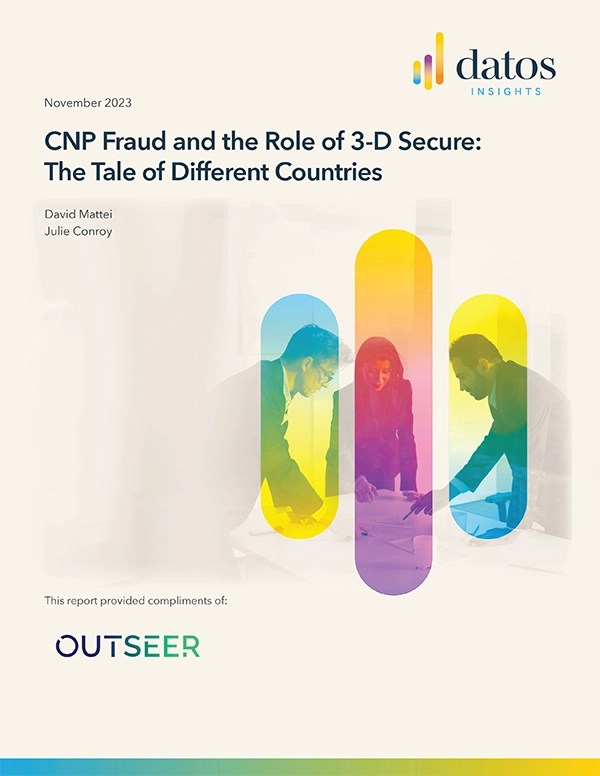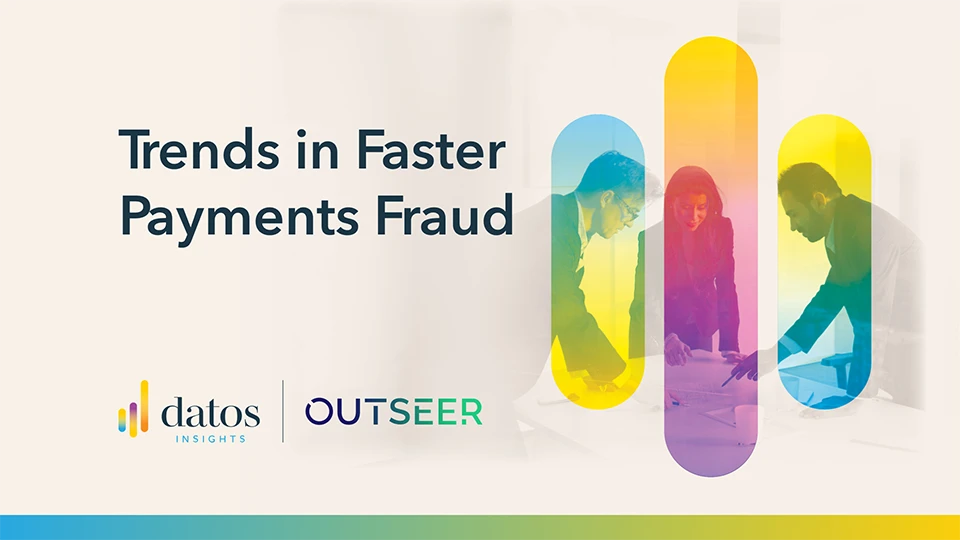A big part of threat intelligence and payment fraud is mule detection. Mules, or money mules if you will, are utilized by criminals to move illicit funds from account to account. Fraudsters recruit money mules to move illicit funds through their bank accounts, often in exchange for a small percentage of the funds, for the sole purpose of laundering dirty money before it is deposited into a legitimate account.
Mule accounts can be problematic in a variety of industries. However, they present the biggest issues in financial services. Without even knowing it, financial services organizations could be accepting payments and deposits consisting of laundered money that went through multiple mule accounts before arriving at its final destination.
How Accounts Are Established
A typical mule account is established through some sort of fraudulent recruitment. Criminals recruit unwitting participants through social media, online job sites, and the like. The promise of easy money is too much to resist among people who don’t do their due diligence before accepting what they believe are legitimate jobs. What they don’t realize is that the easy money jobs they are being recruited for are merely a front for laundering money. Students might be more susceptible to becoming money mules due to the increasing cost of living, and a need for additional income, as data from Barclays shows that their essential spending has gone up three times more than the average person.
According to Interpol, job scams are just one way to recruit money mules. There are others, including:
- Romance scams perpetrated through social media or online dating services
- Investment scams promising big returns on minimal investments
- Impersonation scams conducted via email or telephone
Regardless of how mules are recruited, they are hooked by some sort of incentive that causes them to overlook the suspicious nature of the opportunity at hand. Once hooked, a mule is entangled in a criminal enterprise.
How Money Is Laundered
With a mule account established, illicit funds are deposited. They are then cashed out shortly thereafter. The process can be repeated multiple times when money is especially dirty. The ultimate goal is to deposit and withdraw the funds as many times as necessary to make the money nearly impossible to trace.
The mule’s role in all of this is to facilitate the transactions. The mule accepts funds to be deposited into their account. The money is then forwarded through some untraceable means, like cryptocurrency or a money transfer service.
Detection & Exploitation
Why criminals use mule accounts should be obvious. The two primary reasons are avoiding detection and exploiting victims. Avoiding detection is at the top of the list. However, it is worth noting that laundering and the practice of utilizing money mules are not new. Money laundering was happening long before the internet and digital technologies.
Technology only makes it easier because funds can now be transferred electronically and instantly. They can be converted into cryptocurrency, laundered through multiple accounts, and then converted back to fiat.
As far as exploitation is concerned, criminals open mule accounts and use them to launder money fully aware that the people and organizations whose names are on those accounts could ultimately take the fall if the authorities catch on. Letting their victims take the fall is part of the strategy behind moving money through mules.
A Constant Battle
Money mules and mule accounts have been an ongoing problem for decades. Financial institutions are engaged in a constant and never-ending battle against criminals looking to launder their dirty money. Combining efforts with our solutions and services to stop them rest in detecting mule activities and patterns, mule accounts and addresses intelligence, and several other strategies.
Funds obtained through illicit activities are targeted by financial institutions, government authorities, and security experts alike. The only way to stop threat actors from taking advantage of mule accounts is to proactively flag, monitor, and investigate known mule accounts and addresses and educate account holders of the consequences of being caught while enhancing systems and controls for customer onboarding.
As long as criminals can get away with it, they will continue using money mules and incentivise account holders to become mules. We will continue applying threat intelligence and other strategies to detect mule accounts and shut them down.















